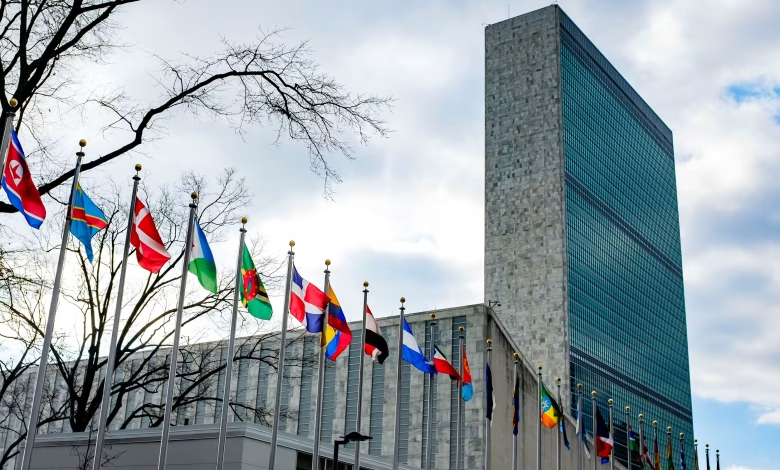World leaders renew fight against NCDs at the 80th UNGA

NEW YORK: WORLD leaders meeting at the United Nations General Assembly (UNGA) today are expected to adopt a new political declaration on the prevention and control of non-communicable diseases (NCDs) and the promotion of mental health and well-being, setting the course towards 2030 and beyond.
The Fourth UN High Level Meeting on NCDs presents what health experts describe as a decennial opportunity to accelerate global action on conditions such as cancer, diabetes, cardiovascular diseases, and mental health. The declaration, grounded in human rights and evidence, will serve as the core framework for scaling up prevention, treatment, and support systems from 2025 onwards.
According to the World Health Organization (WHO), progress towards Sustainable Development Goal (SDG) target 3.4, reducing premature mortality from NCDs by one third by 2030, remains off track. Underinvestment in health services has widened equity gaps, leaving millions without adequate care and support.
WHO warns that unless urgent action is taken, the long-term health and economic well-being of households and societies will be severely impacted.
“NCDs and mental health are no longer just health system issues; they require whole of government and whole of society collaboration,” WHO noted ahead of the meeting, urging countries to strengthen health financing, reshape service delivery, and tackle underlying social, economic, and environmental drivers of risk.
For Tanzania, where NCDs are increasingly straining the health system, the meeting is expected to reinforce the country’s ongoing strategies under the Ministry of Health to integrate NCD and mental health services into primary healthcare.
Health advocates say the political declaration could provide fresh momentum for national programmes to expand screening, improve access to essential medicines, and enhance public awareness on prevention.
The UN meeting further calls on governments, civil society, UN agencies, and individuals living with NCDs and mental health conditions to unite efforts in building an inclusive, equitable, and quality response worldwide.





